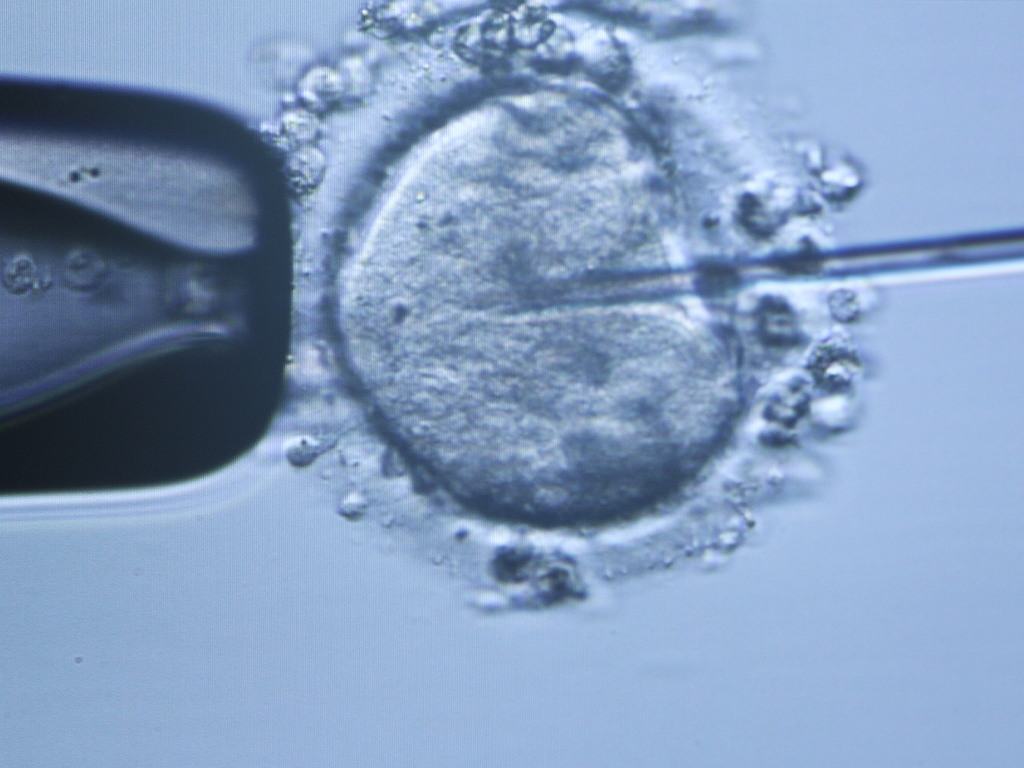Egg donor with extended profile
In egg donation with extended profile, the egg donor gives permission for the recipient couple to receive extra information about her in addition to the basic profile, for example education and training, voice sample, baby photos etc.). It is important to note that the egg donor decides what extra Information she wishes to provide. The egg donor should also be aware that the extra information she provides may result in any child being able to trace the egg donor’s identity via the Internet etc.
However, the egg donor’s identity cannot be disclosed at any time. Likewise, an egg donor can never obtain information about any children born after the recipient has been treated with the egg donor’s eggs.
Open egg donor
In open egg donation, the egg donor’s identity is not known to the recipient couple at the time of donation, but the egg donor has agreed with the fertility clinic that the egg donor’s identity may be disclosed at a time chosen by the egg donor. The recipient couple or the child must contact Aleris Fertility to obtain this information. A widely used type of open egg donation is donation where it has been agreed that the child, as the only party, can be informed about the egg donor’s identity when the child turns 18.
Known egg donor
In this donation type, the recipient couple have knowledge of the egg donor’s identity at the time of donation. In this donation type, you donate eggs to a couple whose identity is known to you at the time of donation.




